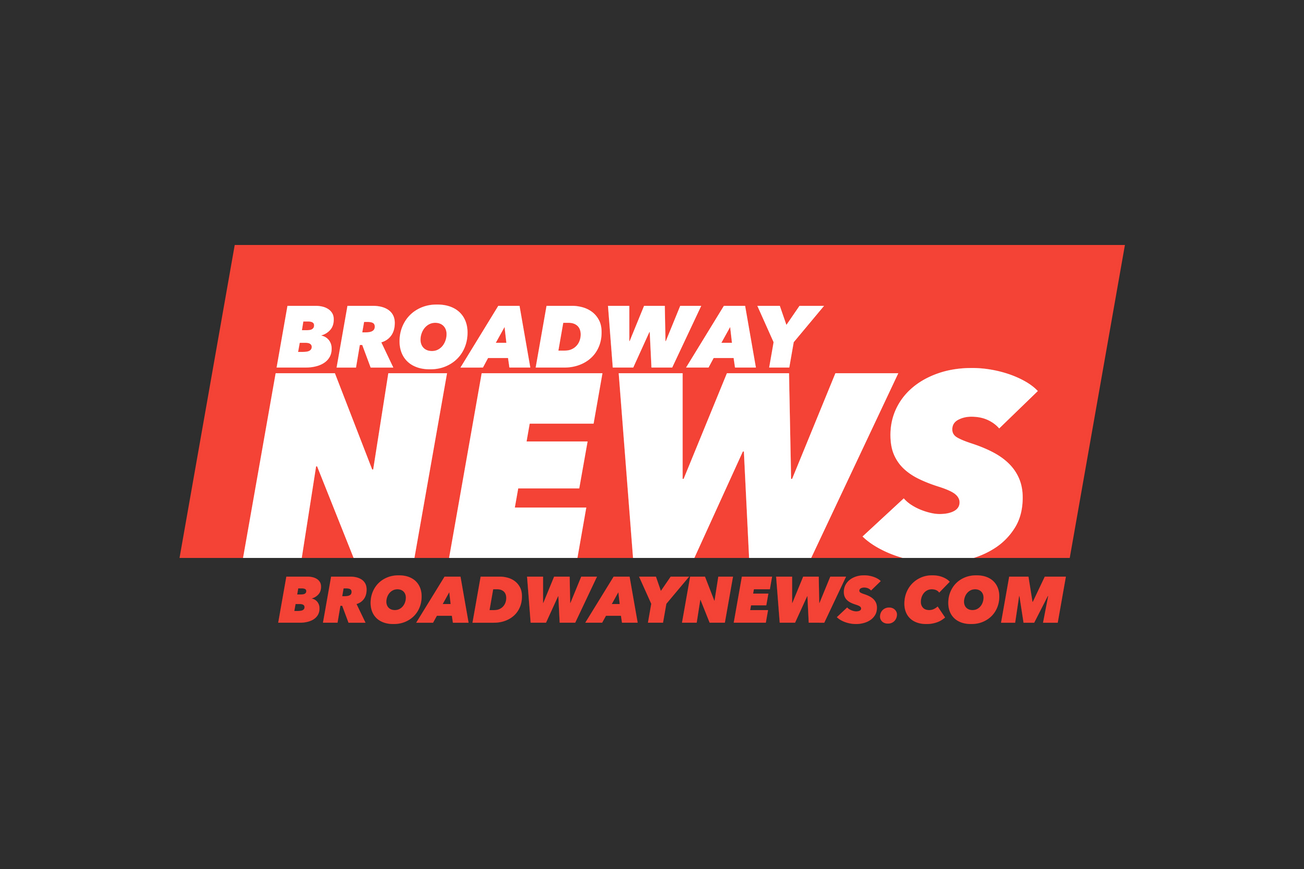Theatrical union leaders put forward a legislative agenda Thursday aimed at increasing diversity, equity and inclusion within the arts industry.
In a joint press conference with affiliated members of the Department for Professional Employees, the unions highlighted priorities including strengthening collective bargaining and copyright laws, increasing federal arts funding to help diversify talent pipelines and awarding federal tax incentives to productions or entities that participate in diverse hiring.
“Directors and choreographers and collaborators have increasingly been looking for accountability from employers, from policymakers and from the union and are no longer satisfied with generalized willingness to address concerns,” said Laura Penn, executive director of the Stage, Directors and Choreographers Society.
The press conference was the first step the unions have collectively taken toward these legislative priorities. However, some of their objectives align with and support existing legislation, such as the Protecting the Right to Organize Act, or PRO Act, which Democrats reintroduced in the House this month. The PRO Act would penalize employers for undertaking anti-union tactics and offer protections for workers who go on strike, among other measures.
The unions are also backing the CROWN Act, a bill that would make it illegal to discriminate against workers for their hairstyles.
Unions on the call included Actors Equity, the Stage Directors and Choreographer Society, IATSE, the American Federation of Musicians, the Directors Guild of America and the Writers Guild of America East. The press conference also included personal testimonials from union members, such as actor Britton Smith, a co-founder of the Broadway Advocacy Coalition, who spoke to the need to increase diversity backstage and put words into action.
“This is an amazing moment for advocating for change beyond our feelings,” Smith said.
In addition to increased funding from the National Endowment for the Arts and the National Endowment for the Humanities, the affiliated unions are also calling for a chief diversity officer position at these organizations.
Collective bargaining was underlined as a key protection for people of color in the arts and media industries when they seek pay raises or bring up concerns about racism in the workplace.
Strengthening copyright laws helps ensure that all artists can receive payment for their work, according to the unions. The affiliated unions are specifically looking to reform Section 512 of the Digital Millennium Copyright Act, which would help protect online content creators.
Though many of the industries represented by the unions remain shuttered, union leaders emphasized that these priorities can help shape the return of live entertainment.
“Unfortunately we are having this conversation at a time of unprecedented difficulty and part of this agenda is about what kind of industry do we want to go back to,” said Actors’ Equity President Kate Shindle.


























































